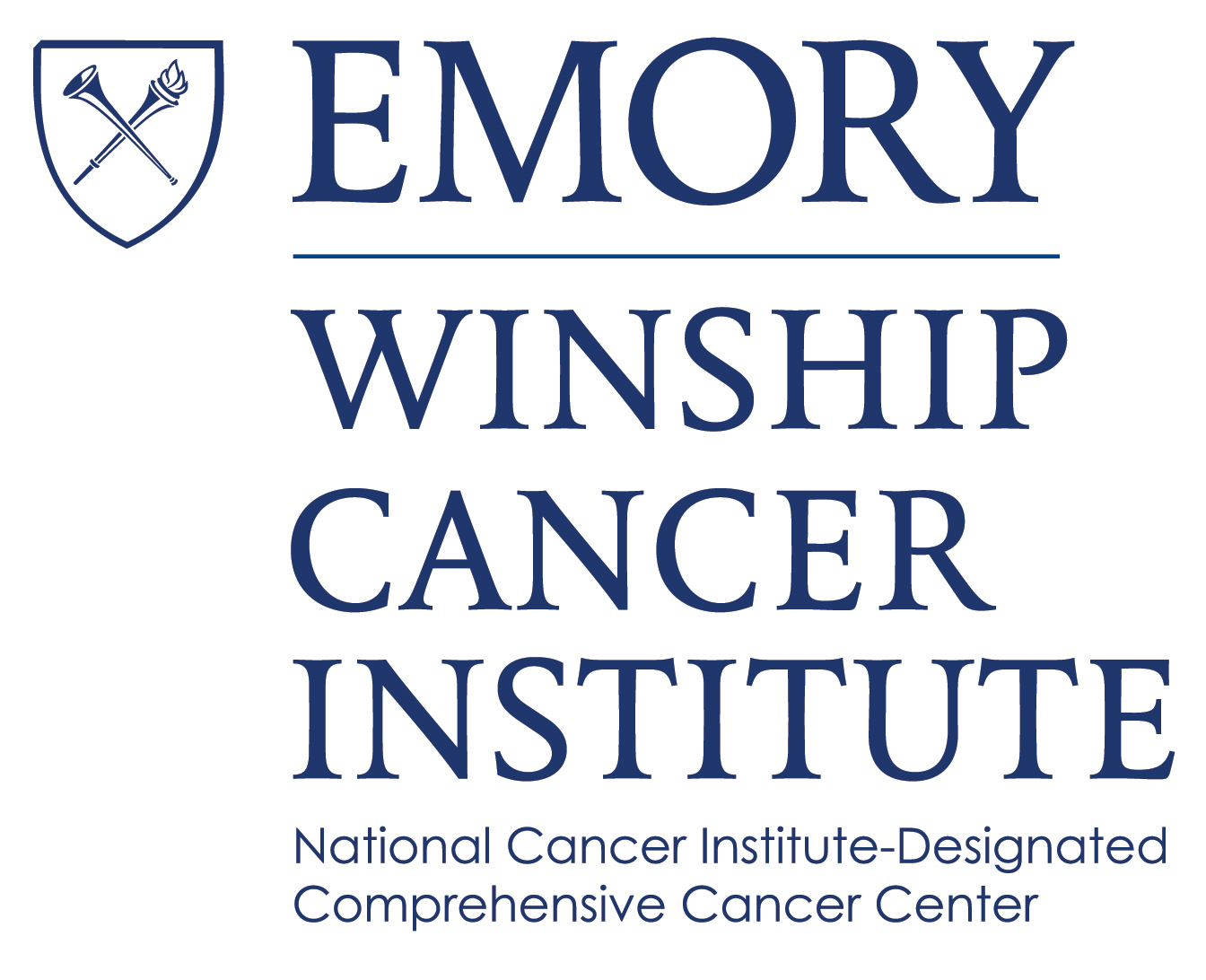- Advertise
- About OncLive
- Editorial Board
- MJH Life Sciences brands
- Contact Us
- Privacy
- Terms & Conditions
- Do Not Sell My Information
2 Clarke Drive
Suite 100
Cranbury, NJ 08512
© 2025 MJH Life Sciences™ and OncLive - Clinical Oncology News, Cancer Expert Insights. All rights reserved.
Maintenance Osimertinib Demonstrates PFS Benefit in Stage III EGFR-Mutant NSCLC
Following chemoradiation, maintenance osimertinib improved PFS vs placebo in patients with stage III EGFR-mutant non–small cell lung cancer.
Administration of osimertinib (Tagrisso) maintenance therapy after chemoradiation produced a statistically significant and highly clinically meaningful progression-free survival (PFS) benefit vs placebo for patients with unresectable, stage III EGFR-mutated non–small cell lung cancer (NSCLC), meeting the primary end point of the phase 3 LAURA trial (NCT03521154).1
A trend for improved overall survival (OS) with osimertinib was also observed, although data were immature at the time of analysis. Moreover, no new safety signals were observed with osimertinib maintenance, and the safety and tolerability of osimertinib was consistent with its established toxicity profile. This makes osimertinib the first EGFR inhibitor and targeted treatment to demonstrate a PFS advantage in the stage III setting.
Findings from LAURA will be presented at an upcoming medical meeting and shared with regulatory bodies. Further exploration of OS as a secondary end point is also planned for this study.
“These results represent a major advance for patients with stage III EGFR-mutated lung cancer who have a high propensity for early progression and spread to the brain, and where no targeted therapy is available,” Suresh Ramalingam, MD, executive director of Winship Cancer Institute of Emory University, Atlanta, Georgia, and lead trial investigator, stated in a press release. “LAURA shows osimertinib can provide impactful clinical benefit and could become the first targeted treatment option for patients with stage III disease.”
LAURA is a double-blind, randomized, placebo-controlled study enrolling patients with unresectable, stage III NSCLC with local/central confirmation of an EGFR exon 19 deletion or L858R mutation and whose disease has not progressed during or following definitive platinum‑based chemoradiation therapy.2 Patients must be at least 18 years of age (or at least 20 years of age in Japan), have received 2 or more cycles of concurrent/sequential platinum-based chemoradiation, have no investigator-assessed progression, and have creatinine levels less than 1.5 times the upper limit of normal and creatinine clearance of 30 mL/min or greater. A World Health Organization performance status of 0 or 1 is also required.3
A total of 216 patients were enrolled onto the study across more than 145 centers in over 15 countries, including the United States, Europe, South America, and Asia.1 Patients were randomly assigned in a 2:1 ratio to receive either a once-daily 80 mg dose of oral osimertinib or placebo.2 Treatment continued until the time of disease progression per RECIST v1.1 criteria, unacceptable toxicity, or other treatment discontinuation criteria were met. Patients who experienced disease progression in the placebo arm were allowed to be unblinded and cross over to osimertinib maintenance therapy.
The trial’s primary end point was PFS, as confirmed by blinded independent central review (BICR). Key secondary end points include OS, central nervous system PFS, PFS by mutation status, and safety. Serious adverse effects (AEs) and AEs of special interest will be collected throughout the trial along with survival follow-up. The trial is ongoing, with an estimated completion date of June 29, 2026.3
Notably, osimertinib plus platinum-based chemotherapy recently received FDA approval for the treatment of patients with locally advanced or metastatic NSCLC harboring EGFR exon 19 deletions or exon 21 L858R mutations on February 16, 2024.4 This regulatory decision was based on data from the phase 3 FLAURA 2 study (NCT04035486), in which osimertinib plus chemotherapy (n = 279) significantly improved progression-free survival vs osimertinib alone (n = 278).
The agent is also being investigated in EGFR-mutated NSCLC as neoadjuvant therapy with or without chemotherapy in the phase 3 NeoADAURA trial (NCT04351555), and as adjuvant therapy in the phase 3 ADAURA2 trial (NCT05120349) in patients with stage IA2 to IA3 resectable disease.1
“These highly impactful results for the LAURA trial in this potentially curative early lung cancer setting further entrench [osimertinib] as the backbone therapy for EGFR-mutated lung cancer,” stated Susan Galbraith, executive vice president of Oncology Research & Development at AstraZeneca. “These data together with the ADAURA data, reinforce the imperative to diagnose and treat patients with lung cancer as early as possible.”
References
- Tagrisso demonstrated overwhelming efficacy benefit for patients with unresectable, stage III EGFR-mutated lung cancer in LAURA phase III trial. News release. AstraZeneca. February 19, 2024. Accessed February 19, 2024. https://www.astrazeneca.com/media-centre/press-releases/2024/tagrisso-improved-pfs-in-stage-iii-lung-cancer.html
- Lu S, Casarini I, Kato T, et al. Osimertinib maintenance after definitive chemoradiation in patients with unresectable EGFR mutation positive stage III non-small-cell lung cancer: LAURA trial in progress. Clin Lung Cancer. 2021;22(4):371-375. doi:10.1016/j.cllc.2020.11.004
- A global study to assess the effects of osimertinib following chemoradiation in patients with stage III unresectable non-small cell lung cancer (LAURA). ClinicalTrials.gov. Updated February 1, 2024. Accessed February 19, 2024. https://clinicaltrials.gov/study/NCT03521154
- FDA approves osimertinib with chemotherapy with chemotherapy for EGFR-mutated non-small cell lung cancer. FDA. February 16, 2024. Accessed February 19, 2024. https://www.fda.gov/drugs/resources-information-approved-drugs/fda-approves-osimertinib-chemotherapy-egfr-mutated-non-small-cell-lung-cancer


